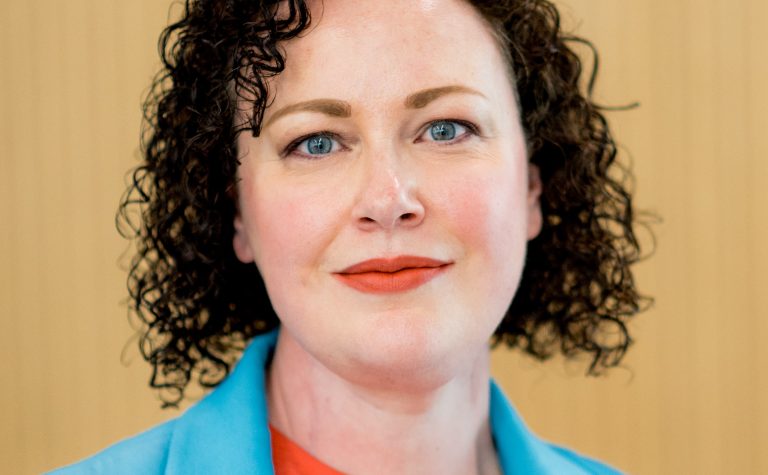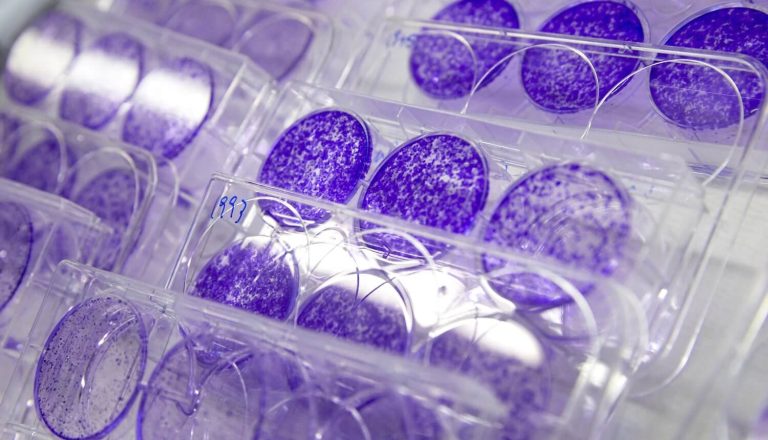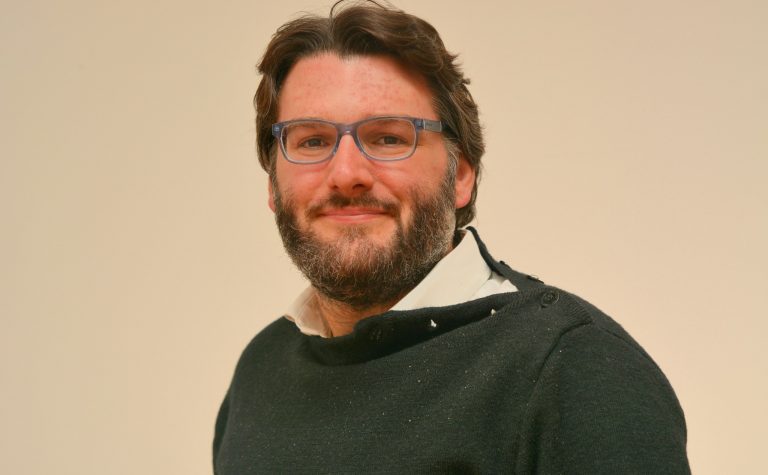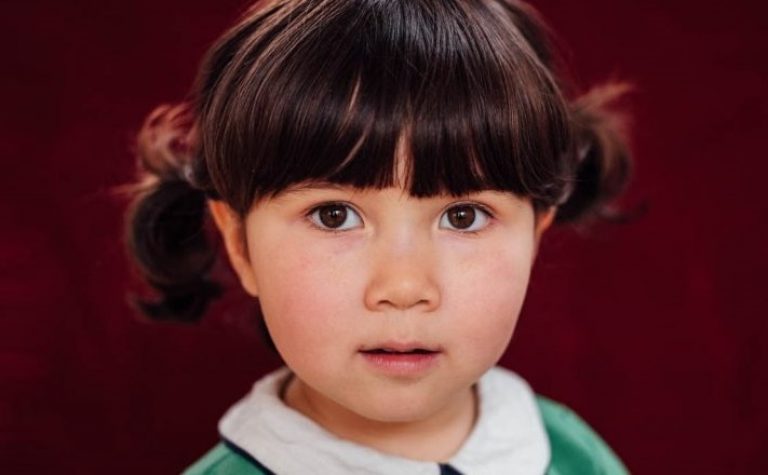Overview
Medulloblastoma is the most-common, malignant, childhood brain tumour. Rates of survival for childhood cancers are increasing decade by decade, driven by ever intensified treatments. Non-infant medulloblastoma patients get radiotherapy to the whole brain as part routine standard of care. Radiotherapy treatment can be harmful to normal, non-cancerous cells of the brain, patients are at risk of developing devastating deficits in neurocognition, i.e. the mental processes that take place in the brain, including thinking, attention, language, learning, memory and perception. This often leads to academic difficulty and psychological problems more than is seen in survivors of other childhood cancer types. Medulloblastoma survivors have been shown to have fewer friends, social difficulties, be more frequently under-employed, and to report lower quality of life than siblings, peers, and other cancer survivors. The parts of neurocognition that are affected earliest and most severely by radiotherapy to the brain include:
- The speed of processing information
- Attention
- Memory
Difficulties in these areas are not apparent immediately post treatment completion but emerge over subsequent years. There are currently no treatments for these neurocognitive difficulties in survivors of childhood brain tumours in current clinical use. Three promising candidates have been put forward (metformin, lithium and methylphenidate) but lack crucial information necessary to take forward for use in patients.
This project aims to utilise revolutionary principles to develop the urgently required drug interventions that will manage neurocognitive deficits in medulloblastoma survivors.
Dr Hicks and her team will use a highly specialised instrument known as SARRP to deliver radiotherapy to the brains of mice in a way that mirrors the dose, localisation and the typical age diagnosis that is seen in the clinic for medulloblastoma patients. The team will develop new and sophisticated ways to measure mouse neurocognition that closely mirror equivalent assessments performed in medulloblastoma patients, to make our findings highly reproducible and relevant to the human disease. They will perform MRI and biological assessments on these brain models to find robust ‘markers’ of radiotherapy-induced damage, how they relate to cognitive difficulties and whether candidate drugs can resolve these. Ultimately, alongside generating the essential evidence to take these drugs forward into the clinic, this study will develop a pipeline for continued assessment of new therapies aimed at reducing cognitive difficulties in childhood cancer survivors.




